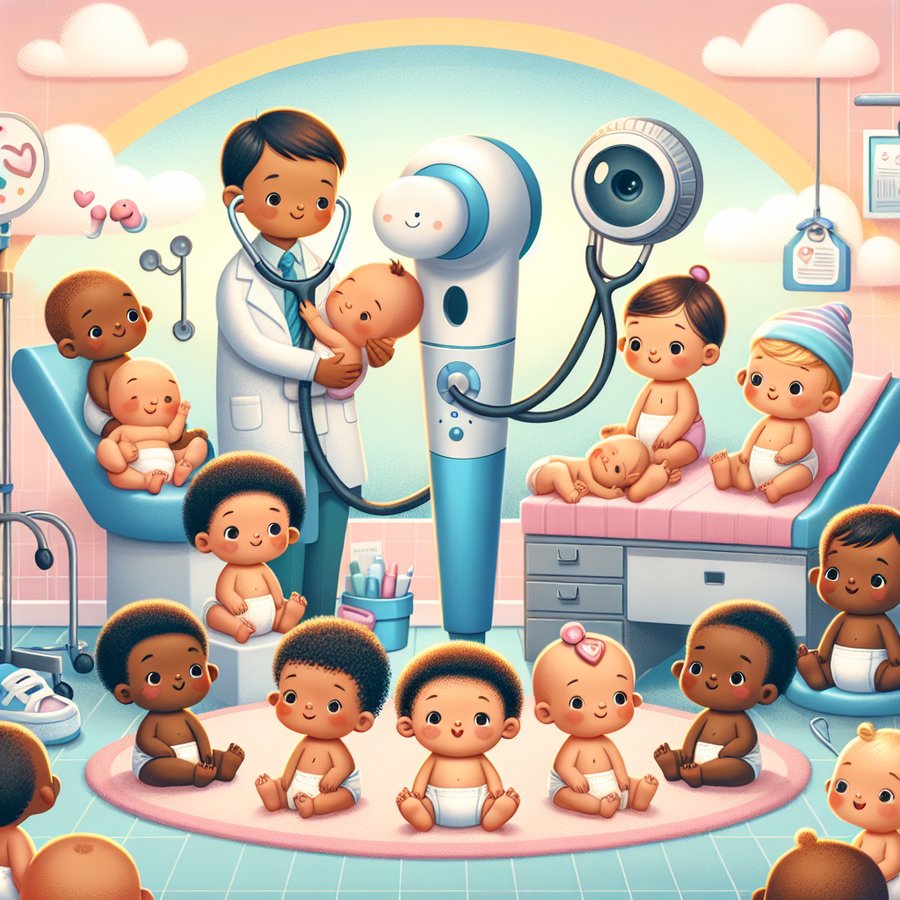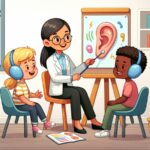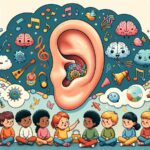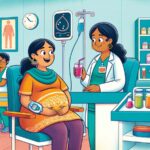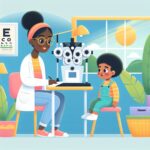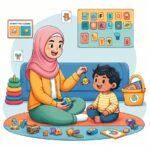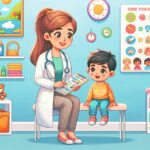The introduction of Universal Newborn Hearing Screening has transformed early detection and intervention for hearing loss in newborns, ensuring that every child has the opportunity for healthy auditory development. This practice is crucial because early detection of hearing issues can significantly impact a child’s language, social, and academic development. In this guide, we’ll delve into what Universal Newborn Hearing Screening is, why it’s essential, and what to expect during the process.
What is Universal Newborn Hearing Screening?
Universal Newborn Hearing Screening is a standard procedure implemented in many hospitals and birthing centers to detect hearing loss in newborns shortly after birth. The goal is to identify any potential hearing issues as early as possible, ideally before a newborn leaves the hospital or within the first month of life. Early identification allows for prompt intervention, which is crucial for the child’s language and auditory development.
This screening involves two simple, non-invasive tests that can detect possible hearing loss: the Otoacoustic Emissions (OAE) Test and the Auditory Brainstem Response (ABR) Test. Both tests are quick, painless, and can be performed while the baby is asleep. If either test indicates a potential hearing issue, further evaluations are conducted to confirm the diagnosis.
Why is Hearing Screening Important for Your Newborn?
Hearing is a critical sense for a baby’s overall development. It plays a significant role in the acquisition of speech and language skills. Without early detection and intervention, hearing loss can delay speech and language development, affecting a child’s social interactions and academic performance later in life. Universal Newborn Hearing Screening ensures that hearing loss is identified and addressed promptly, providing children with the best possible start.
Studies have shown that children with hearing loss who receive early intervention services before six months of age have significantly better outcomes in speech and language development compared to those who receive intervention later. This emphasizes the importance of Universal Newborn Hearing Screening in ensuring every child’s potential for communication and learning is maximized.
What Happens If Your Child Fails the Hearing Screening?
If your newborn does not pass the initial hearing screening, it does not necessarily mean they have permanent hearing loss. It could be due to temporary factors such as fluid in the ear or background noise during the test. A follow-up screening is usually recommended within a few weeks. If the second screening also indicates a possible hearing issue, your healthcare provider will refer your child for further testing to determine the type and degree of hearing loss.
Should your child be diagnosed with hearing loss, early intervention is key. There are numerous resources and support systems available to help your child. Depending on the severity and type of hearing loss, options may include hearing aids, cochlear implants, or other assistive devices, as well as speech therapy and special education services. Early and consistent intervention can enable children with hearing loss to develop speech, language, and social skills comparable to their hearing peers.
Support and Resources for Families
Learning that your child may have hearing loss can be overwhelming for any parent. However, it’s important to remember that you’re not alone. There’s a wealth of support and resources available to help you and your child navigate this journey. A great place to start is by connecting with local and national organizations dedicated to supporting families with hearing-impaired children. These organizations can provide valuable information, connect you with other families in similar situations, and guide you to appropriate intervention services.
Additionally, your healthcare provider can be an excellent source of support. They can offer recommendations for specialists and intervention programs, and help you understand your child’s specific needs. Remember, with early detection and intervention, children with hearing loss can lead full and rich lives. The key is to stay informed, proactive, and engaged with your child’s care and development.
Conclusion
The Universal Newborn Hearing Screening is a critical step in ensuring your child’s healthy auditory development. By identifying potential hearing issues early, it opens the door to timely and effective intervention, setting the foundation for successful speech, language, and social development. As a parent, being informed and proactive about your child’s hearing health can make a significant difference in their overall well-being and future achievements.
Remember, the journey with hearing loss is unique for every child and family. However, with the right support and resources, your child can thrive. Don’t hesitate to reach out to healthcare professionals and organizations dedicated to the well-being of children with hearing impairments for guidance and support.

